- Rophone
Does the Hercules 500 also allow you to record the session with audio from the microphone?
Hello Leandre,
Welcome to the forum.
Your post was obviously sent before you finished the sentence.
Please repost it.
Does the Hercules 500 also allow you to record the session with audio from the microphone? It is something that is not clear to me.
I ask this because in the comments of the Pioneer DDJ FLX4 they give importance to the fact that the microphone output is routed directly for recording and/or streaming.
Thanks
¿El Hercules 500 también te permite grabar la sesión con audio del micrófono? Es algo que no me queda claro.
Pregunto esto porque en los comentarios del Pioneer DDJ FLX4 dan importancia a que la salida del micrófono esté encaminada directamente para grabación y/o streaming.
Hello Leandre,
It depends how you set DJControl Inpulse 500 microphone input.
By default, it is not recorded, it is a hardware pass through, so the mic input is played on the master output without going through the software.
If you want to record it, it has to go through the software, so you must set the mic input as an audio source in the DJ software.
The process in Djuced is described on
https://www.djuced.com/kb/how-to-record-your-microphone-with-the-inpulse-500-in-djuced/
To record the mic input, I assign it as audio source in Djuced as both deck 3 and deck 4 (so that it is recorded whatever the crossfader position)
4 important points on microphone
1) latency: it totally changes if you record the microphone: when you use the microphone in not recorded mode, with the hardware pass through, the microphone has zero latency as it is mixer in hardware, but as soon as it becomes a software source, you can no longer use its hardware pass-through (otherwise you would have an echo, with the hardware passthrough sound + the software sound) so the microphone has a big latency since it is the double of the software latency (as it is record latency + playback latency)
2) balanced microphone: Inpulse 500 has a balanced input (the microphone jack needs a TRS connector to play the balanced sound) so do not connect your microphone with a cable ending in TS 1/4" connector, as it would work but the audio quality would not be as good as it can be (it would be as the unbalanced mic input of the DDJ-FLX4 you refer to). The microphone quality is so much better on balanced microphone that it would be a pity to use an unbalanced cable.
3) make trials before to find the recording level you want in Djuced: as Djuced as a recording level in addition to the master output level, many people record at a too low level the first time they record in in Djuced. So spend time before to understand which recording level setting matches your needs.
4) the microphone amplifier on USB bus powered DJ controllers, as Inpulse 500, is not as powerful as on a mixe/DJ controllerr which has a power supply, so test your microphone to make sure it fits with the DJ controller. I read many messages of users owning Shure SM58 and who cannot understand why it is so weak on most DJ controllers while it is easy to understand: Shure SM58B has an output level of -54dBu, so whenit is connected to a +30dB amplifiers, the resulting -24dBu output lever remains low. Shure SM58 needs a powerful amplifier you will not find on DJ controllers powered by the USB, so if you use a microphone, look at its specifications, and if the output level is low, add a preamplifier with a power adapter (do no take preamplifiers with not battery or power adapters, as they need +48v phantom power and no DJ controller delivers +48v phantom power).
Bonjour les herculiens, je crois être dans le bon sujet pour poser ma question. j'espère une petite aide de votre part. j'aimerais branché mon Rode wireless Go ii sur le controleur inpulse 500, j'ai pu lire qu'il fallait une fiche TRS pour pouvoir le brancher sur l'entrée micro du controleur. Ma question aussi simple et un peu bête, s'agit- il d'une fiche 3.5 vers 6.5 TRS.
Rien de bien compliqué , mais pour moi c'est avoir la certitude dubon branchement sans faire de betises. Merci pour votre retour.
Bonjour JIPO,
Bienvenue sur le forum.
Oui, pour brancher votre Rode Wireless Go II sur l'entrée microphone du DJControl Inpulse 500, vous pouvez brancher un câble jack 3.5 mm stéréo (sur la sortie côté Rode) vers jack 6.35mm stéréo (sur l'entrée microphone côté Inpulse 500).

